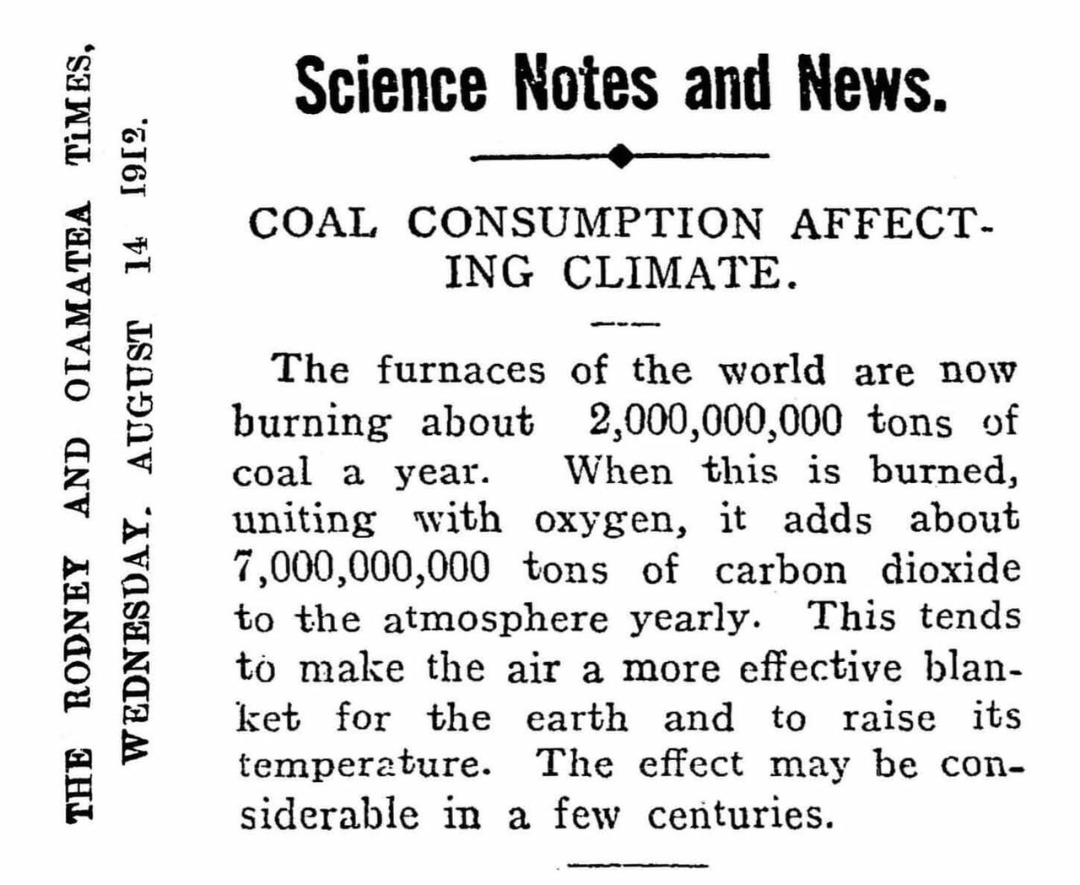The study, published Wednesday in the journal Nature, found that global carbon storage capacity was 10 times less than previous estimates after ruling out geological formations where the gas could leak, trigger earthquakes or contaminate groundwater, or had other limitations. That means carbon capture and storage would only have the potential to reduce human-caused warming by 0.7 degrees Celsius (1.26 Fahrenheit)—far less than previous estimates of around 5-6 degrees Celsius (9-10.8 degrees Fahrenheit), researchers said.
“Carbon storage is often portrayed as a way out of the climate crisis. Our findings make clear that it is a limited tool” and reaffirms “the extreme importance of reducing emissions as fast and as soon as possible,” said lead author Matthew Gidden, a research professor at the University Maryland’s Center for Global Sustainability. The study was led by the International Institute for Applied Systems Analysis, where Gidden also is a senior researcher in the energy, climate and environment program.
No one who is serious about carbon capture technologies expects that it is feasible to store it underground in gaseous form and that has been known for two decades.
What if we liquify it into a black gooey form first?
Well hopefully we don’t try to do that while actively digging up more black gooey form to burn. If it was thought to be economical at any point in the future nobody would give a shit about hydrogen after all.
We have to get rid of the old gooey black stuff to make room for the new gooey black stuff. Obviously.
That’s the thing you do after 2080 when you have too much energy. Because you have to add in all the energy from burning it, and it’s very unproductive.
I read a popscience article about how US naval ships with nuclear reactors are now using carbon dissolved in seawater to create kerosene. So there’s that.
Yeah but that doesn’t have to be efficient. It just has to be more efficient than crossing back over the Pacific Ocean to stock up on jet fuel
they’ll do anything to save us from the climate - create new technology, reinvent the wheel, anything anything EXCEPT LIMITING THE FUCKING EMISSIONS THAT ARE GOING TO KILL US.
Can’t do that, nah, bro… just a few more hundred billions gallons… bro come on, just a few more…
You’re obviously not considering the economy. We have to find a way to consume our way out of this problem
depressingly plausible
Breaking News! The thing we told you was going to happen for the past 50 years is definitely still happening!
*100 yrs

Who knew? Shame that this is the first time we’re hearing this
what about storing it in plants like forests and jungles and algae? honest question; im a noob
edit: and bogs
Add bogs to that list. Worldwide, bogs store more CO2 than forests. Restoring them and making sure they don’t dry up (which also would release a lot of gases harmful to the climate) would be a good way to capture CO2.
I don’t have any numbers to compare it to other techniques though, sorry.
On the prairies traditional grass (ie: not the shit in your front/back yard) works better than trees … because the grass has roots that can go down 7’+ and fire can’t kill it.
I think one problem with this is that there is only so much land/sea on earth. Once all available land is forested you have completely maxed out this option. Then when a tree dies and falls over most of its carbon begins to be released back into the atmosphere by decomposing organisms so you are reliant on another tree taking its place to maintain status quo. Same for any biological solution (algae dies/eaten -> carbon released).
We have to complete the gas/crue oil cycle: we must make a freaking pit and beging throwing trees in to free space for more trees
Oil is cursed
It’s all about quantity.
The fossil fuel industry is digging up the plants of forests and jungles and algae that have existed over millennia, then died and decomposed into oil, coal, gas. When you then burn it you release the carbon of hundreds of generations of plant life.
Fossil fuels are dead plant concentrate.
What others have mentioned here, plus seagrass and kelp. There is a lot of recovery to do of these once massive ecosystems, thus a lot of carbon to tie up.
Honest question, does “10 times less” mean 1/10th? It makes no sense to me mathematically.
“We thought it was 10. Turns out it was 1.”
Ten times less: x * 0.1
Okay, so it does mean “1/10th of”. If words still had meaning then “ten times less” would mean “we thought we had 10 but we actually have -90”.
Just do an atmosphere transplant, terraform the moon, and have space surgeons swap out the atmospheres
deleted by creator








